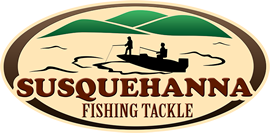Why You Need a Fishing Journal
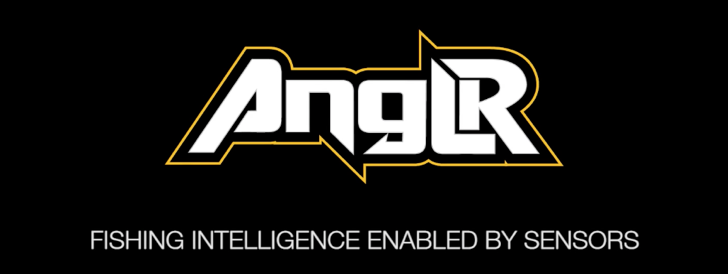
In the 5 years that I’ve been fishing competitively, I’ve probably written a dozen articles on weather and fishing journals. The fact is, anglers who document what they do when they’re on the water have a serious advantage over anglers that don’t. For most of us, we just aren’t able to recall what we did, how we did it and what the exact conditions were when all of it happened. Remembering those times even as recent as 2 years ago, just doesn’t happen. By keeping a journal you can document the types of bait and presentations that worked in those particular situations. Be sure to also record what didn’t work while you were fishing because that information is just as valuable. No matter how many times you caught a big fish on your split belly rapala crankbait, there will be days when the fish won’t fall for it. A journal is a good reference to have if you’re out during one of those days so you can leave it in the box and focus on the stuff that works instead. A journal doesn’t just help me to understand the migratory patterns of the fish (which it does to an extreme degree), it also helps me have more confidence when I get ready to hit the water. Going out with a good idea of where the fish should be, what they should be doing, and what they want to eat helps me to prepare for the day. With the past 15 years of fishing information backlogged, I have a more reliable judgement when it comes to the answers to those questions.
For me, this process was always a bit labor intensive. I would record what I caught and when I caught it. Then I’d go home, open the history weather graph on the Weather Underground website, and I would plot what I caught on the graph. Then I could look at it and see what the value was for barometric pressure, wind, air temperature and the humidity when I caught that fish. I’d add in a few bits of information to it like the month and other descriptive words like hot, cold, windy, heavy rain, etc. so that I could go back and search for those conditions later and know what worked and what didn’t. But now, there’s a really awesome product that will help simplify this process for you and analyze the data to make patterning easy. This wonderful product is called Anglr. Anglr is the result of what happens when brilliant minds get together to simplify a fisherman’s problems. As a weather data geek and extreme advocate of journaling, I highly recommend that people keep a record of their outdoor experiences. The Anglr Experience web app makes that extremely easy. The web version gives you a detailed dashboard, tackle stats, reports and allows you to log your trips.
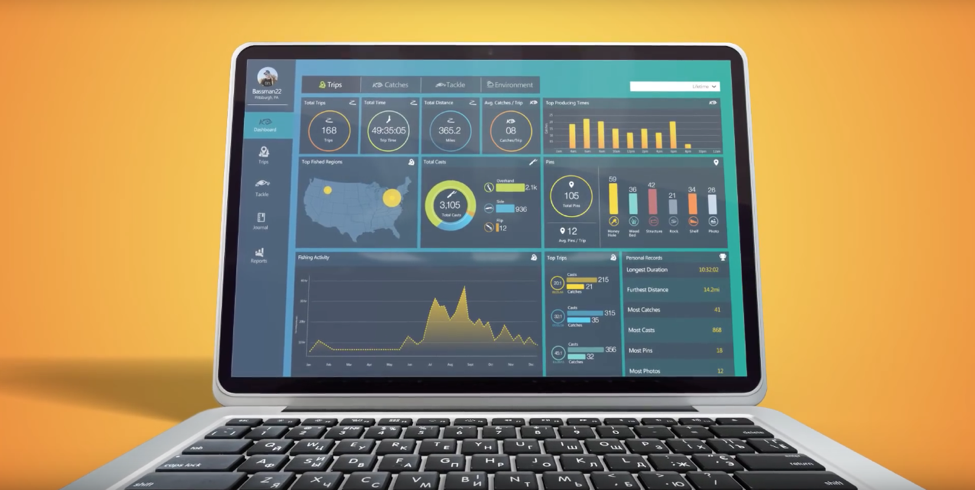
Whether you use Anglr on your desktop or get the app on your phone, Anglr gives you the chance to log and track everything you learn while you are out fishing. The app just allows you to be more mobile and record your catches in real time while being on the water.
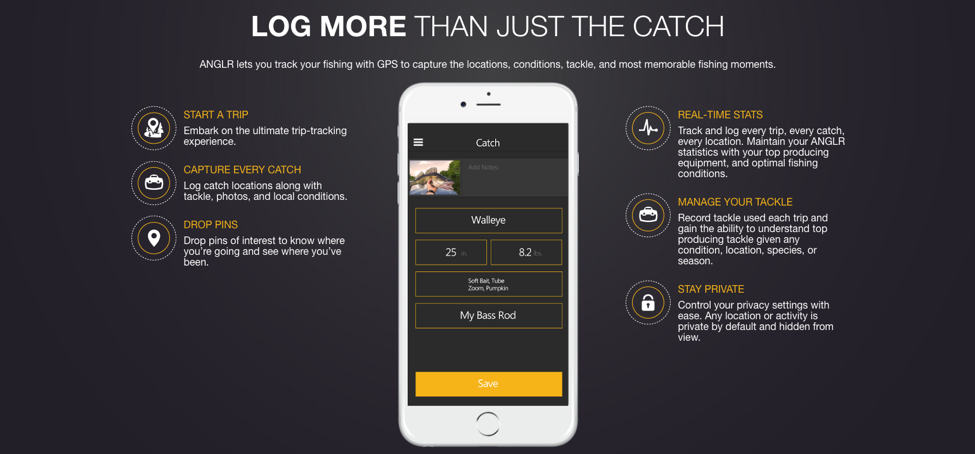
A tremendous benefit of Anglr is the innovative technology. Looking for an easier way to keep track of your fishing locations and activity? Add a sensor called the Anglr Tracker to your rod. Forget about wasting time recording every catch, the bait you used, the current conditions when you caught it and where it happened. The Anglr Tracker does all of that for you and more. but you can forget about uploading it too! Don’t want to share your info with the world? That’s ok! You can keep your data private and remain your own virtual 007 while out on the water. How sweet is that?
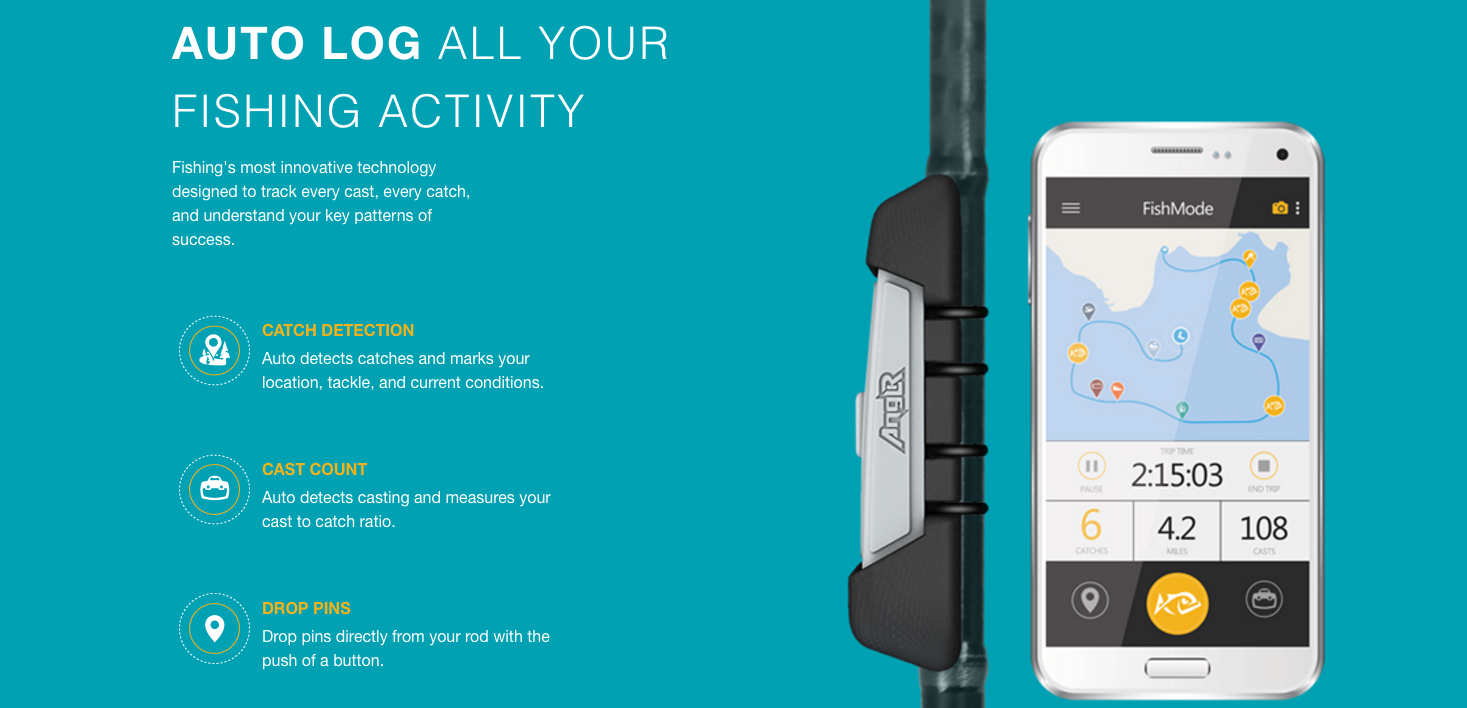
If all of this is too techy for you, at least keep a notebook and jot down a couple of observations from every trip. The more you record and learn, the better your fishing experiences will be. If you take the notebook route, focus on recording moon phases, barometer pressure, cloud cover, and water temperature. They are all pretty simple details that can dramatically improve every fishing trip you take.
Be it recording your findings in a notebook or fully embracing all that Anglr Tech has to offer, reflecting back on your trips and what you discovered while out on the water will really help you improve as a fisherman. It takes time, but using what you learned in the past will only benefit fishing for you in the future.
